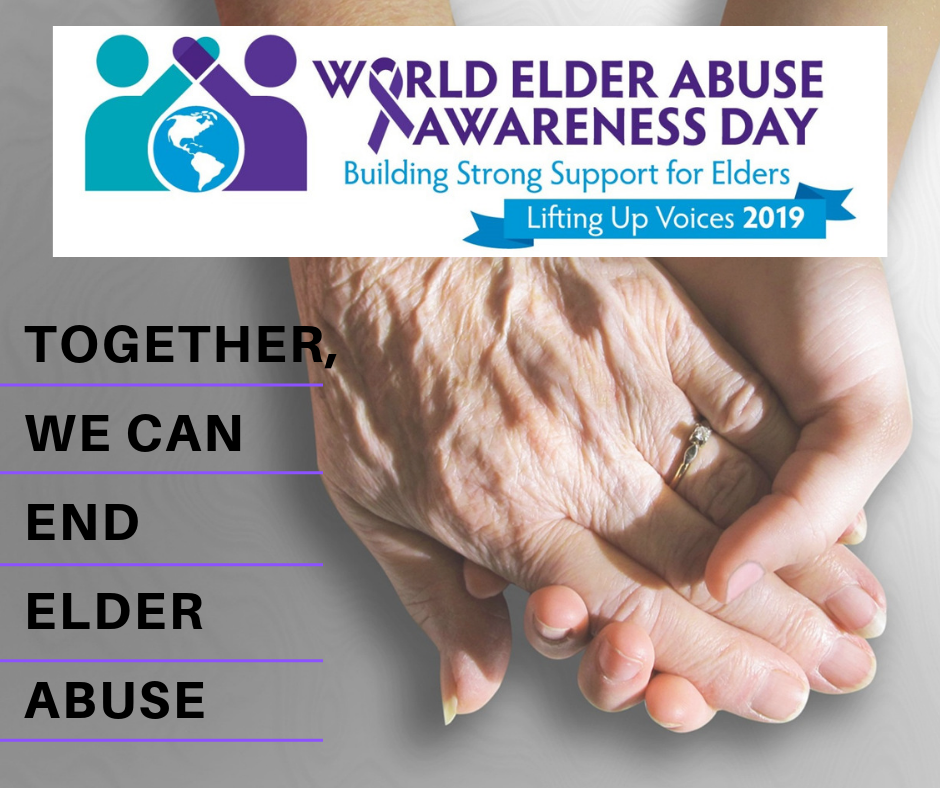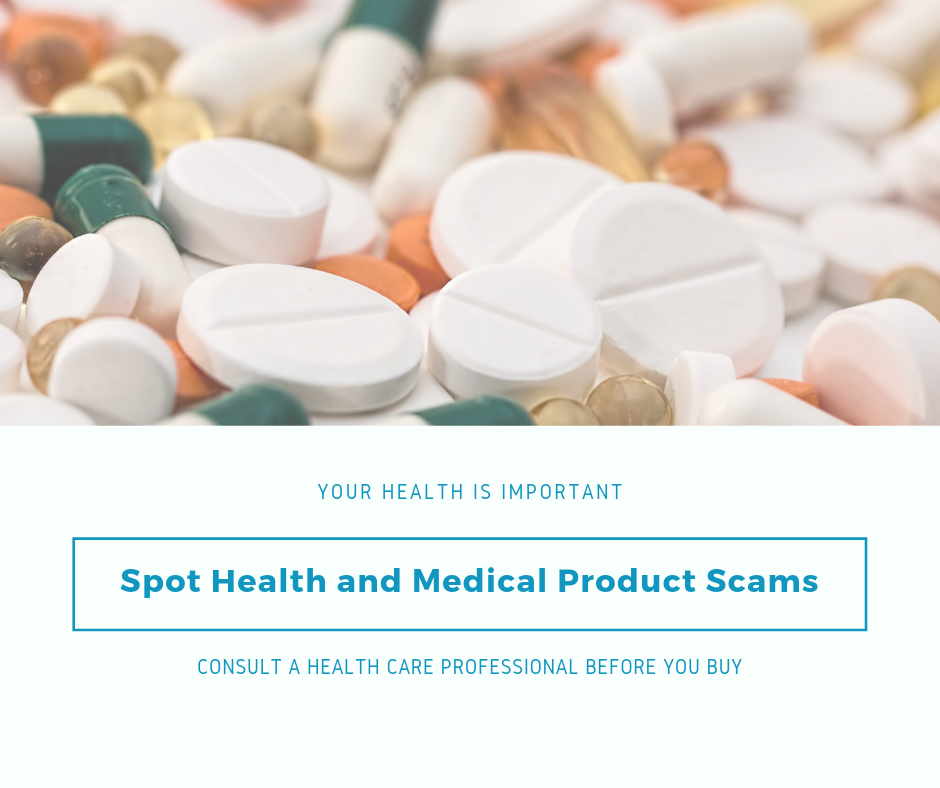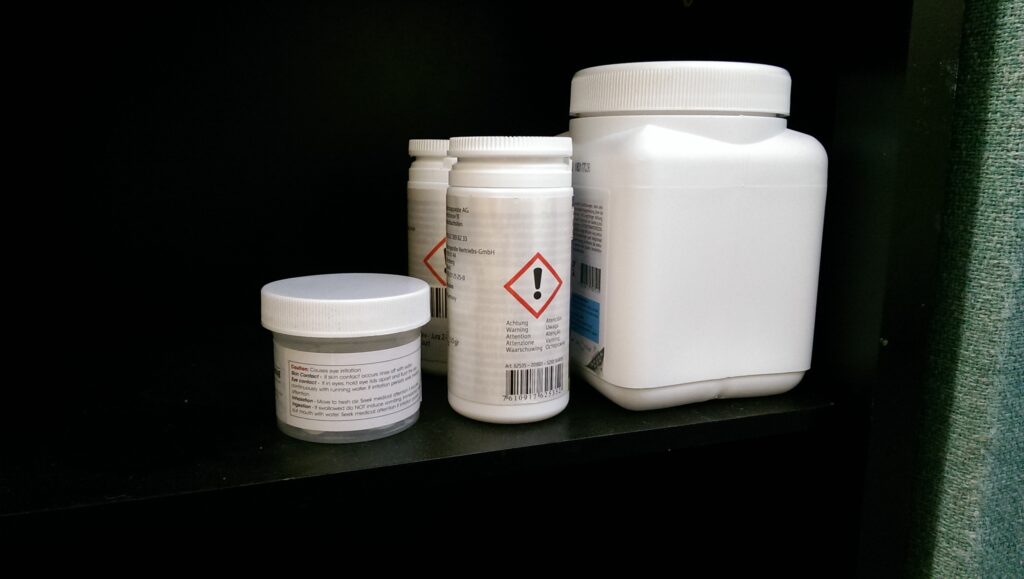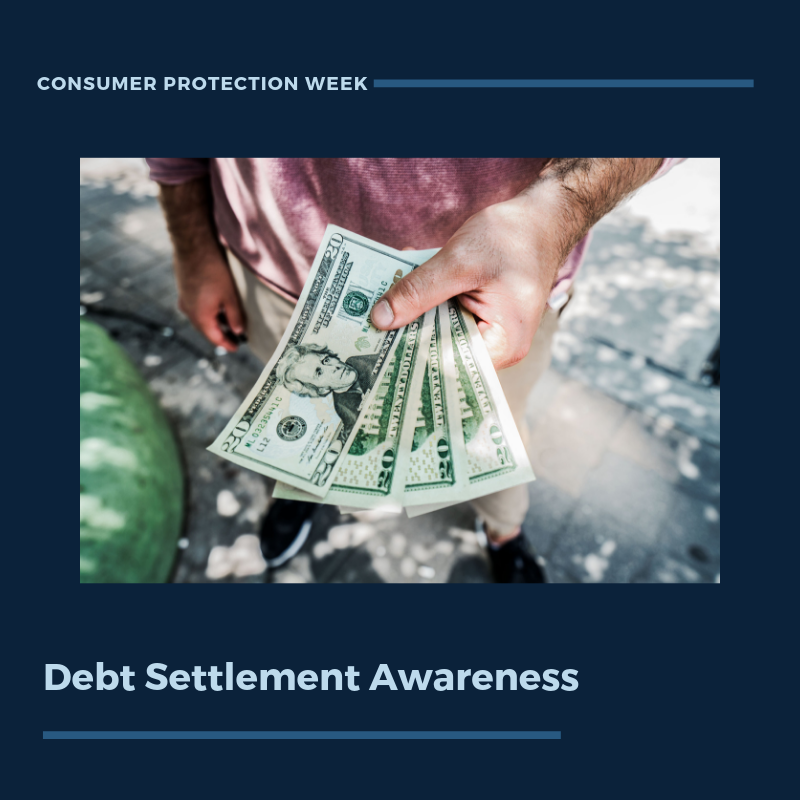July is military consumer month, and here at the Consumer Assistance Program (CAP) we hope to spotlight the most common type of scams affecting service members and veterans— imposter scams.
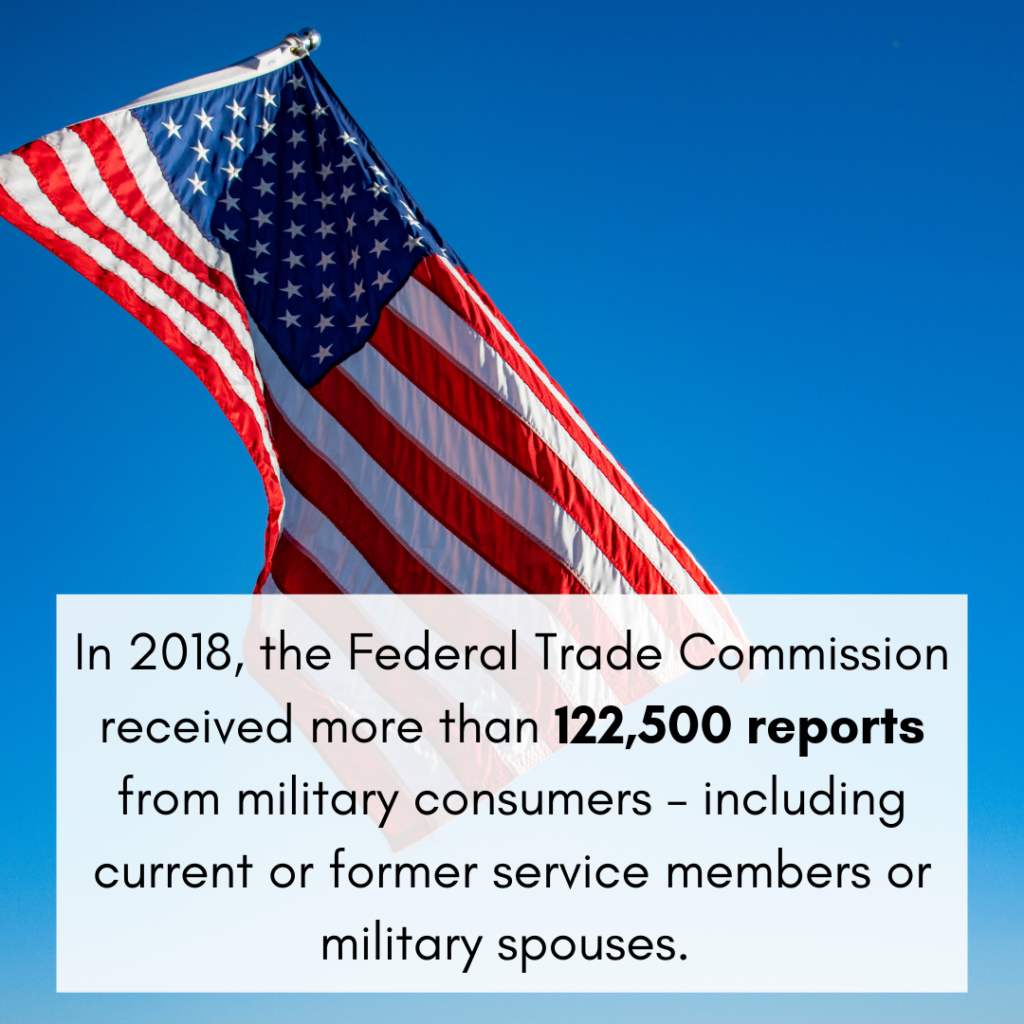
Last year, more than 36,000 service members, veterans, or family members reported an imposter scam nationwide. Imposter scams take a variety of forms. For example, some imposters say they are calling to offer technical support or that they are from the Social Security Administration, while others pose as friends or family members with an emergency. The common thread is that they all involve a scammer pretending to be a trustworthy person, to convince you to send money or personal information.
Here are some examples of common imposter scams:
Social Security Administration
The scam: Scammers call and pretend to be from the Social Security Administration (SSA). They say your Social Security number (SSN) has been suspended because of suspicious activity or it being involved in a crime.
What to do: Be wary of responding to unsolicited contacts, and never provide personal information to someone you don’t know. If you feel that your Social Security number has been compromised, call CAP for more information and visit identitytheft.gov to file a report.
Needy Friend or Relative
The scam: Scammers claiming to be a grandchild, friend/relative or romantic interest contact consumer, reportedly in distress and needing money to be wired or transmitted with a reloadable card, gift card (like iTunes), PayPal account payment, cash or check/money order.
What to do: Call your friends or family members on known phone numbers to ensure that they are safe. Never wire or otherwise send funds unless you can verify the emergency.
Tech Support
The scam: A phone call or pop-up message on your computer claiming to be from Microsoft/Windows or another well-known tech company. The scammers will say that there’s a virus or other problem with your computer and try to persuade you to give them remote access to resolve the issue.
What to do: If you get a phone call you didn’t expect from someone who says there’s a problem with your computer, hang up. Never call a number in a pop-up that warns you of computer problems. Real security warnings will never ask you to call a phone number. Legitimate customer service information usually won’t display as a pop-up. Companies like Microsoft, Apple and Google do not call you to notify you of malware on your computer.
Robocalls
The scam: If you answer the phone and hear a recorded message instead of a live person, it’s a robocall. Technology has made it cheap and easy for scammers to make illegal calls from anywhere in the world, and to hide from law enforcement by displaying fake caller ID information. The automated voice on the other end of the line may claim to be a utility, or government agency.
What to do: Hang up the phone, don’t call back, and do not provide any personal information.
Gift Card Scams

The scam: Some imposters contact you with an urgent need for money, and ask you to pay with gift cards right away. The imposters will often tell you to go buy popular gift cards (like, iTunes, Google Play, or Amazon) at a store near you. Once you buy the gift cards, the callers will then demand the gift card number and PIN on the back of the card. Those numbers provide the scammer with immediate access to the money on the card. After you provide these numbers, the scammers typically disappear without a trace.
Gift cards are like cash—if you buy a gift card and someone uses it, you probably cannot get your money back. Remember, gift cards are for gifts to people you know and trust, not payments.
What to do: If you paid a scammer with a gift card, call the company that issued the gift card right away and alert CAP. When you contact the company, tell them the gift card was used in a scam. Ask them if they can refund your money. If you act quickly enough, the company might be able to get your money back. Also, tell the store where you bought the gift card as soon as possible.
If ever you are unsure about a scam, give CAP a call. We take scam reports every day and are familiar with the type of scams out there, so can help issue spot the red flags when something suspicious arises. Call us at 800-649-2424.
Contributing Writer: Madison Braz
Content Editor: Crystal Baldwin
Resources: Federal Trade Commission, IdentityTheft.gov

